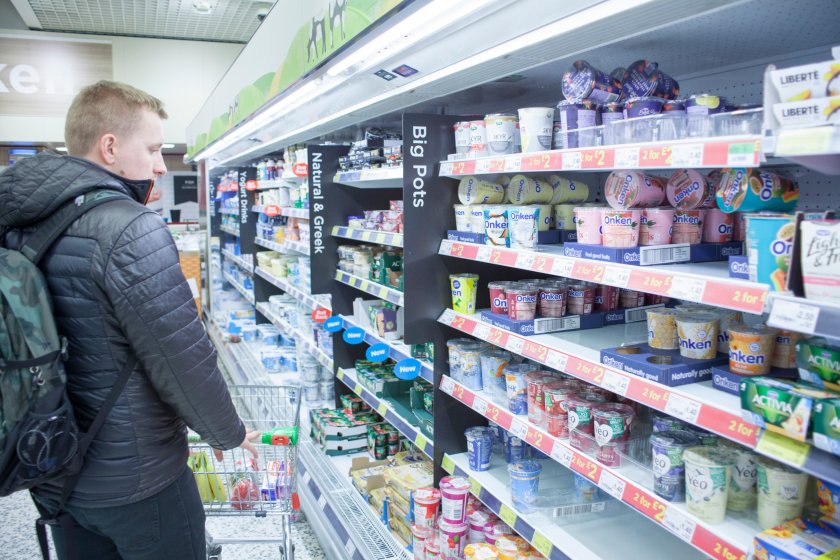
Vegan and vegetarian alternatives cost the public 30% more per calorie than dairy or meat equivalents, a major new study has revealed.
The 16-month study concluded that meat and dairy products give consumers 'far more bang for their buck' than plant-based alternatives.
Commissioned by Kite Consulting and AB Dairy, it compared two baskets of randomly selected vegan and vegetarian foods and brands.
This was done on a monthly basis, with their conventional “twins” from three supermarkets – Tesco, Sainsburys and Asda – and ran from June 2022 to November 2023.
For example, meat-substitute mince was compared with beef mince, vegan sausages with pork sausages, vegan burgers with beef burgers, fish-free fish fingers with fish fingers, vegan cheese with cheddar, and oat or almond ‘milk’ with milk.
Standard, premium, branded and supermarket own ranges were included in the study, with vegan and conventional products within the same categories being compared.
The kcalorie (Kcal) per 100g were recorded and the retail price of each product was used to calculate the cost per kcal.
Analysis showed that across all products, from all supermarkets, consumers paid an average of 42p per kcal for vegan alternatives, compared to 30p per kcal for conventional foods and brands.
John Allen, at Kite Consulting, said of the study: “Despite the current cost of living crisis we don’t hear comments on the nutritional quality of these products in relation to their cost.
“Our very simple but long-term study has shed light on this, and it shows that when it comes to buying calories – which is effectively what we do when we buy food – meat and dairy products give consumers far more bang for their buck.
“We are confident that livestock agriculture has a key role to play in providing high quality nutrition, and as the dairy and the livestock sectors continue on their net zero journeys, these will out-perform many other products on a carbon emissions basis too.”
